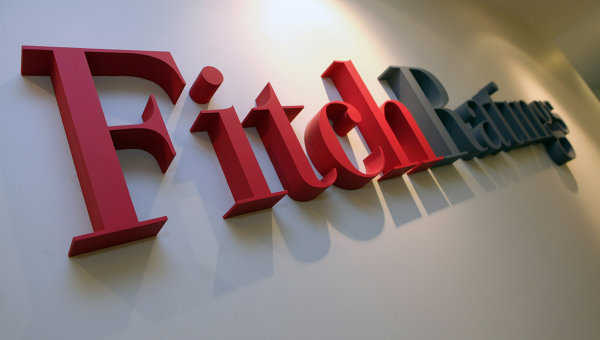July, 10, 2014

Capital market revenues for US global trading and universal banks (GTUBs) will be lower year over year when large banks kick off 2Q reporting on July 11, predicts Fitch Ratings, with continued fixed income, currency and commodities (FICC) declines outpacing improving equity capital markets business and M&A. While some GTUBs have publicly telegraphed this potential weakness for some time, more recent trading data and continued low volatility confirm the expectation.
As a reference point, the US GTUBs, which include JP Morgan Chase, Bank of America, Citi, Goldman Sachs, and Morgan Stanley, reported a combined, year-over-year capital market segment revenue drop of nearly 6%, to $28.7 billion in 1Q14. Capital markets revenue declines for the group will likely be more significant in 2Q14, in Fitch's opinion.
FICC businesses are expected to continue to be impacted by lower trading volumes and the Fed's steady withdraw from quantitative easing. These cyclical factors, coupled with ongoing secular headwinds associated with increased regulation, will further drive US GTUBs' overall FICC revenues lower.
One modest positive has been the slow pace of buy-side movement toward swap execution facilities, which would otherwise pressure FICC revenues further. Fitch expects FICC revenues to continue to grind lower in future quarters, albeit at a slower pace, until volatility returns, rates begin to normalize, and the specifics of the new regulatory operating environment are optimized.
In the equity trading segment, we expect revenues to be materially lower in the quarter, reflecting the significant drop in average daily trading volumes. According to Credit Suisse, average daily volumes dropped more than 15% to 5.8 billion shares in June from 6.9 billion in the first three months of the year. Morgan Stanley could be the most vulnerable to reduced equity trading as this has historically been the largest contributor to its overall capital markets segment.
Last month was the lowest equity trading volume for any June since 2006. One counterbalance to lower volatility has been the rising equity markets, which have allowed equity funds to continue to attract inflows, although as slower pace than 2013, according to ICI data. This could help stabilize daily volumes in future quarters.
Investment banking is enjoying relative strength according to 2Q data compiled by Thompson Reuters. On a year-over-year basis equity underwriting was up 42% to $282 billion and US IPOs were up 30% to $17.1 billion. Completed M&A was down 17% to $482 billion, although announced M&A was up 92% to $1.02 trillion, suggesting potential M&A revenue improvement in future quarters. Debt underwriting was up nearly 12% to $1.6 trillion. Goldman Sachs held the top spot in the Thompson league tables in M&A completed and announced, as well as in IPOs and equity underwriting. JP Morgan held the top spot in debt underwriting.
Video Story